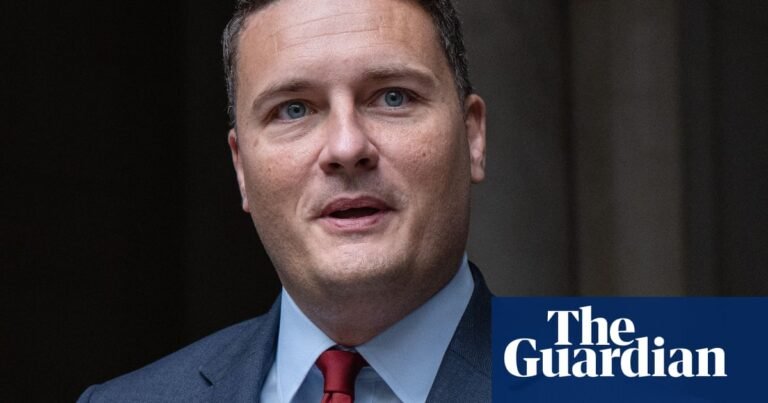England’s poorest areas will get billions in extra health funding under new government plans to tackle stark inequalities in access to care and health outcomes.
NHS services in deprived and coastal places will receive a £2.2bn boost this year to pay for more staff and equipment to help them close the wide gap in resources between them and well-off areas.
Wes Streeting, the health secretary, will announce the move on Wednesday and hail it as a significant step towards ensuring that all patients get the same standard of care wherever they live.
In a speech in Blackpool, he will decry that areas with the highest levels of illness and need for care often have low numbers of GPs, the longest waits for treatment and the poorest performing NHS services, a longstanding phenomenon known as “the inverse care law”.
He will portray the £2.2bn extra this year as a downpayment on a major redistribution of NHS funding, which is intended to improve the NHS in deprived areas. “The truth is, those in greatest need often receive the worst quality healthcare.
“It flies in the face of the values the NHS was founded on. The circumstances of your birth shouldn’t determine your worth,” he is expected to say.
The £2.2bn is money that was due to be handed to England’s 215 health trusts for “deficit reduction” – to cover budget overspends – but has been freed up because Sir Jim Mackey, NHS England’s chief executive, has told them to balance their books.
Streeting has ordered a review of the Carr-Hill formula, which is used to decide the allocation of GP funding. The review, involving the advisory committee on resource allocation, will examine ways of ensuring that places with more illness get more money.
The Nuffield Trust said the formula is “inequitable”, “deeply flawed” and does not take account of levels of deprivation in areas covered by GP practices. The review will be the fourth such exercise since the formula came into use in 2004, without major changes resulting, it pointed out.
Dr Becks Fisher, a GP and director of research and policy at the Nuffield Trust thinktank, also cautioned that while “the government plans to pay for these changes by making savings in other parts of the NHS, there is no guarantee this will be successful.”
Louise Gittins, the chair of the Local Government Association, said: “Health inequalities are estimated to cost the NHS an extra £4.8bn a year, society around £31bn in lost productivity, and between £20bn and £32bn a year in lost tax revenue and benefit payments. Health is therefore a major determinant of economic performance and prosperity.”
Prof Kate Pickett, an expert in health inequalities at York University and academic director of Health Equity North, said that recent years had brought “worse health and more inequalities and a bigger north-south divide.
“We have repeatedly called for government to target spending to the places that are most in need. So Wes Streeting’s drive to increase health spending in the most deprived places is very welcome.”
But, she added, ministers should also cancel planned cuts to welfare benefits and start a public discussion about the merits of a basic income to improve population health in poor areas.
